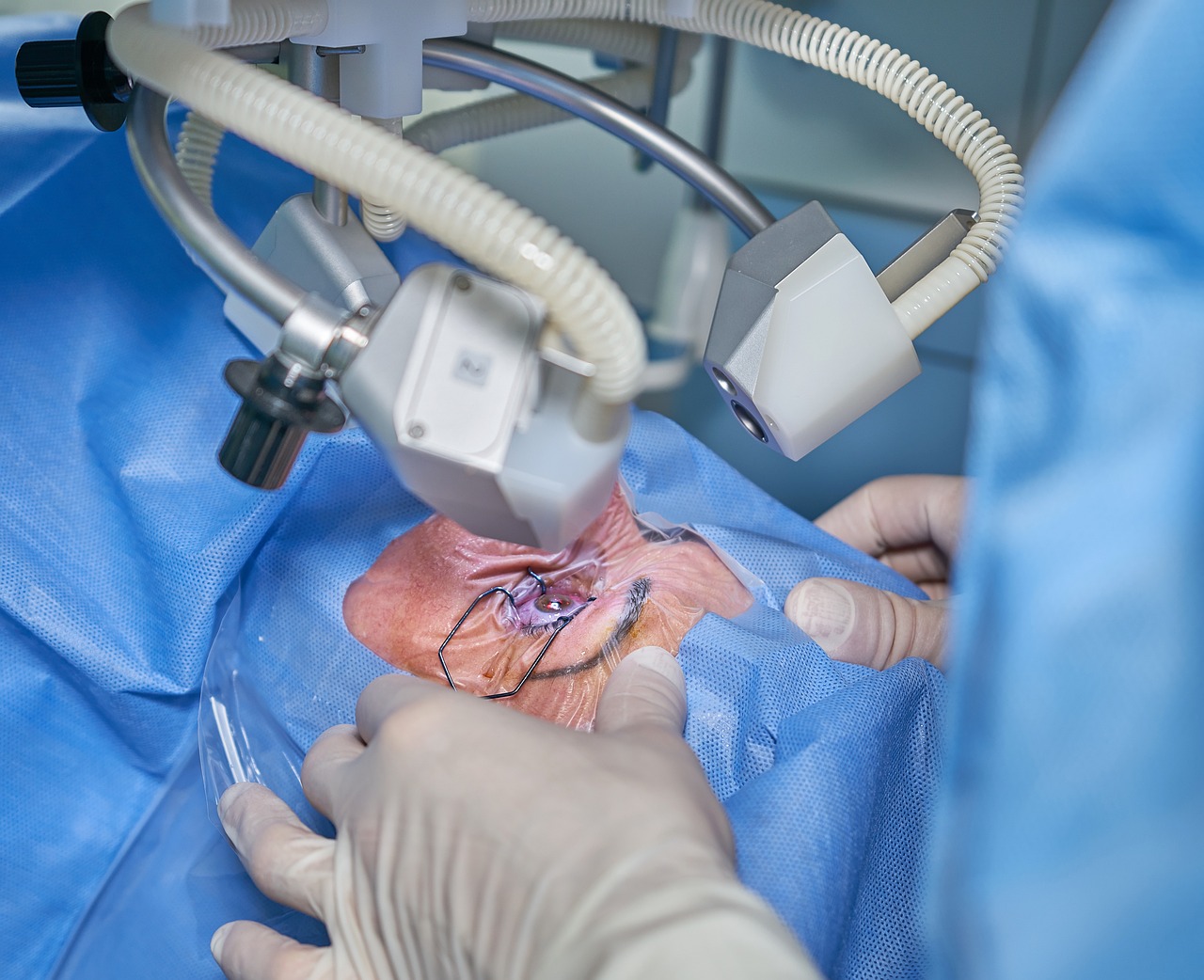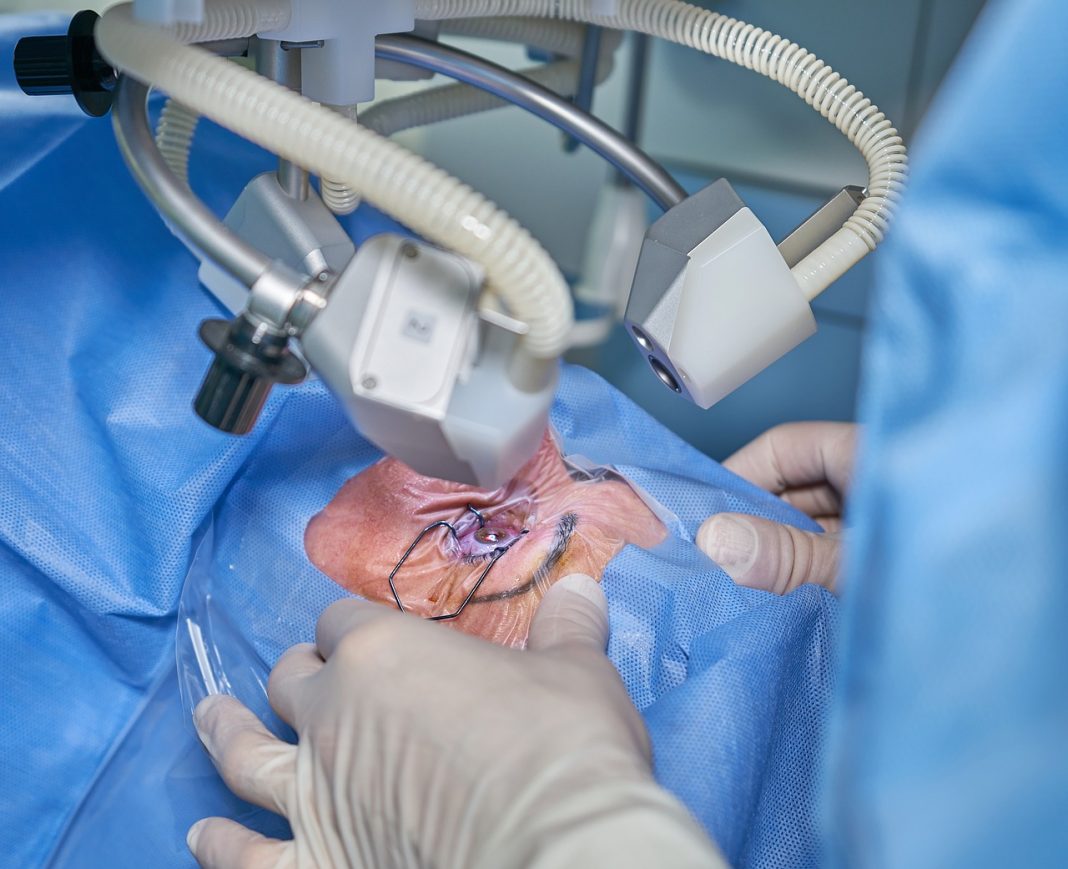
Gum disease is a common dental problem that affects millions of people worldwide. It is caused by the buildup of plaque and bacteria on the teeth and gums, which can lead to inflammation, bleeding, and eventually tooth loss if left untreated. Fortunately, there are many ways to prevent and manage gum disease, from practicing good oral hygiene to seeking professional treatment. In this article, we will share expert tips on how to prevent and manage gum disease, so you can maintain healthy teeth and gums for years to come.
1. Understanding Gum Disease: Causes, Symptoms, and Risk Factors
Gum disease, also known as periodontal disease, is a common condition that affects the gums and bones surrounding the teeth. It is caused by the buildup of plaque on the teeth, which can lead to inflammation and infection. If left untreated, gum disease can cause tooth loss and other serious health problems.
Symptoms of gum disease include red, swollen, and bleeding gums, bad breath, and a receding gum line. Risk factors for gum disease include poor oral hygiene, smoking, diabetes, hormonal changes, and certain medications. Regular dental checkups and cleanings, along with good oral hygiene habits, can help prevent gum disease. If you suspect that you have gum disease, it is important to see a dentist for treatment as soon as possible to prevent further damage to your teeth and gums.
2. Proactive Steps for Preventing Gum Disease: Expert Recommendations
Gum disease is a common oral health problem that affects millions of people worldwide. The good news is that it is preventable with proper oral hygiene and regular dental checkups. Here are some proactive steps recommended by experts to prevent gum disease:
- Brush your teeth twice a day with a fluoride toothpaste. Use a soft-bristled toothbrush and brush in circular motions to remove plaque and food particles from your teeth and gums.
- Floss at least once a day to remove plaque and food particles from between your teeth and under your gumline. If you find it difficult to floss, try using an interdental cleaner or water flosser.
- Eat a balanced diet that is rich in fruits, vegetables, whole grains, and lean protein. Avoid sugary and starchy foods that can increase plaque buildup and promote bacterial growth.
- Avoid tobacco products, which can increase your risk of gum disease and other oral health problems.
- Visit your dentist regularly for professional cleanings and checkups. Your dentist can detect and treat gum disease in its early stages, before it causes irreversible damage to your teeth and gums.
By following these proactive steps, you can reduce your risk of gum disease and maintain good oral health. If you notice any signs of gum disease, such as redness, swelling, bleeding, or bad breath, contact your dentist right away for treatment.
3. Managing Gum Disease: Treatment Options and Best Practices
When it comes to managing gum disease, there are a variety of treatment options and best practices to consider. The type of treatment that is best for you will depend on the severity of your gum disease and your overall oral health. Here are some options to consider:
- Scaling and root planing: This is a deep cleaning procedure that removes tartar and bacteria from beneath the gumline. It can help to reverse the early stages of gum disease.
- Antibiotics: Antibiotics may be prescribed to help eliminate bacteria that are causing gum disease. They may be taken orally or applied directly to the gums.
- Surgery: In severe cases of gum disease, surgery may be necessary to remove damaged tissue and restore oral health.
While treatment is important, it’s also essential to practice good oral hygiene habits to prevent gum disease from recurring. This includes brushing twice a day, flossing daily, and using an antiseptic mouthwash. Additionally, it’s important to visit your dentist regularly for check-ups and cleanings.
- Brush twice a day: Use a soft-bristled brush and fluoride toothpaste to gently clean your teeth and gums.
- Floss daily: Flossing helps to remove plaque and food particles from between the teeth and beneath the gumline.
- Use an antiseptic mouthwash: Mouthwash can help to kill bacteria and freshen breath.
- Visit your dentist regularly: Regular check-ups and cleanings can help to prevent gum disease and catch it early if it does occur.
In conclusion, preventing and managing gum disease is crucial for maintaining good oral health. By following the expert tips outlined in this article, individuals can take proactive measures to prevent gum disease from occurring and effectively manage it if it does. Regular dental check-ups, proper oral hygiene, and a healthy lifestyle are all key factors in preventing and managing gum disease. It is important to remember that gum disease can have serious consequences if left untreated, so it is essential to take action at the first sign of any symptoms. By incorporating these expert tips into your daily routine, you can ensure that your gums stay healthy and strong for years to come.








